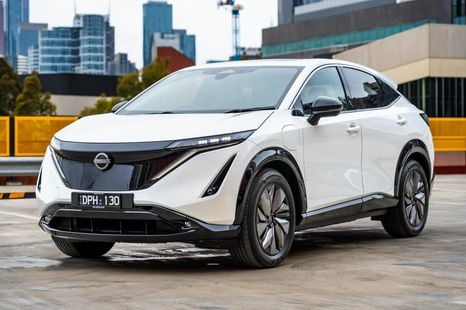

Josh Nevett
2026 Nissan Ariya Advance+ review: Long-term introduction
8 Minutes Ago
Renault has stopped production of its own vehicles in Russia, but its subsidiary Lada is looking to restart manufacturing with local parts.

Journalist
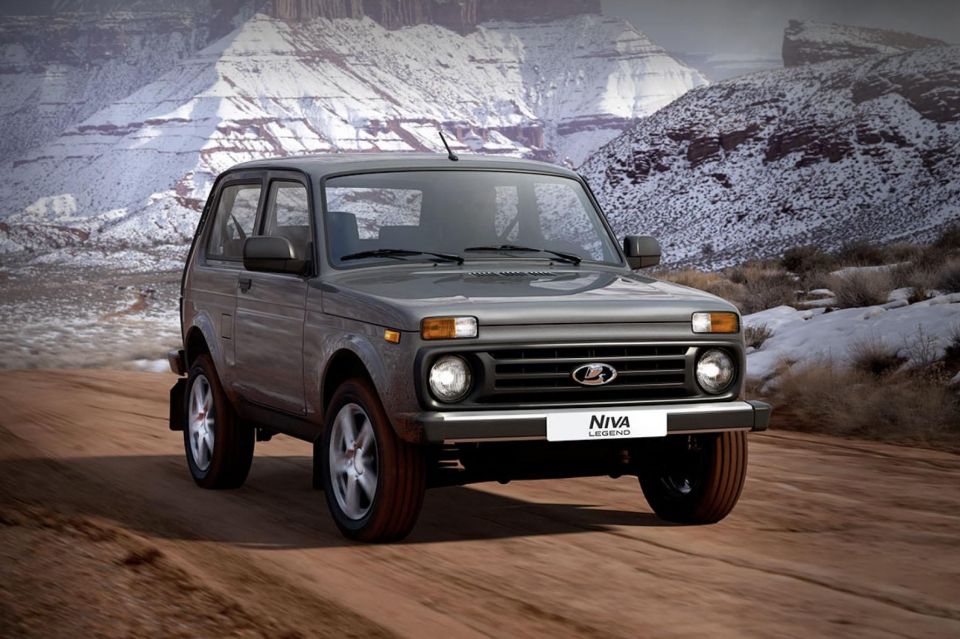

Journalist
Renault has made a dramatic u-turn and suspended production at its factory in Moscow, just one day after reopening the facility.
In response, the Russian ministry of industry and trade, told Reuters it will “discuss the prospects of developing the Renault Russia factory with the Moscow government” and that “joint solutions will be announced by the end of next week”.
The ministry says it’s in contact with local Renault management about the situation. The ruling United Russia party has threatened to nationalise the assets of foreign companies that withdraw from the country due its invasion of Ukraine.
Vehicles produced at Renault’s Moscow plant include the Renault Kaptur and Arkana, and Dacia Duster.
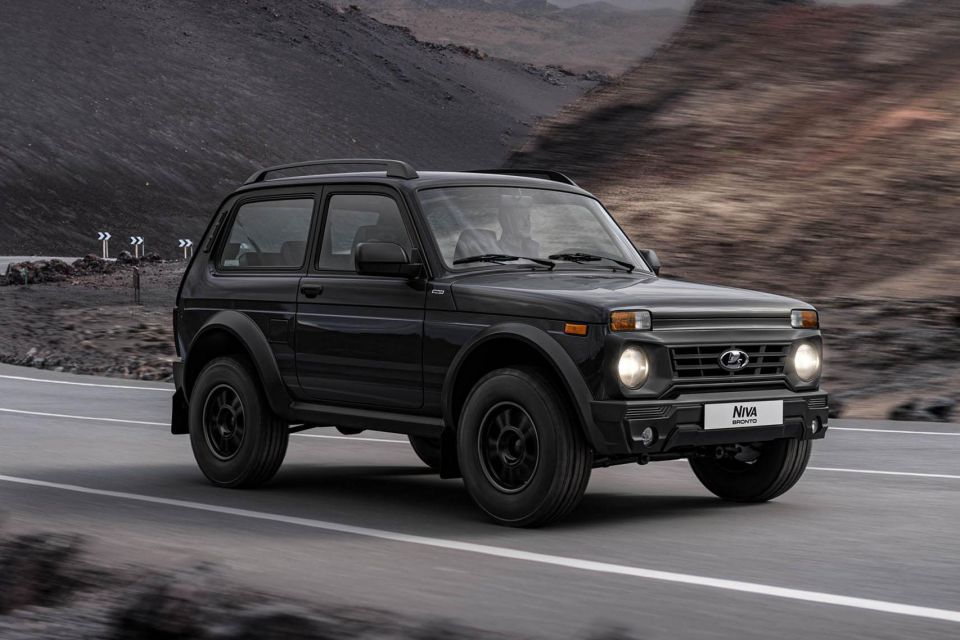
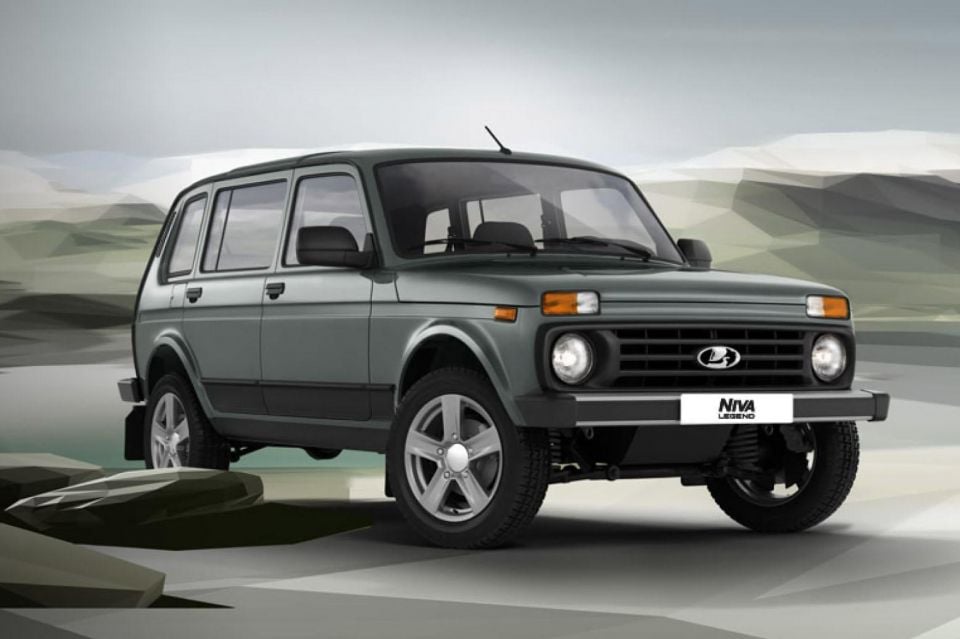
Renault also controls over 65 per cent of AvtoVAZ, the parent company of the Lada brand, which operates two plants in Russia.
Overnight AvtoVAZ said it would pull forward its three-week summer break to the beginning of April, and use this time to work with local and federal Russian authorities to restore its supply chains and replace “some critical imported components with alternative solutions”.
Lada says it’s working on some “special versions” of some of its models “with reduced exposure to imported components”, and these will be introduced “in the coming months”.
As for Renault’s shareholding in AvtoVAZ, the company says it’s “assessing the available options”. Without mentioning the war, Renault says it will take into account “the current environment” and wants to act “responsibly towards its 45,000 employees in Russia”.
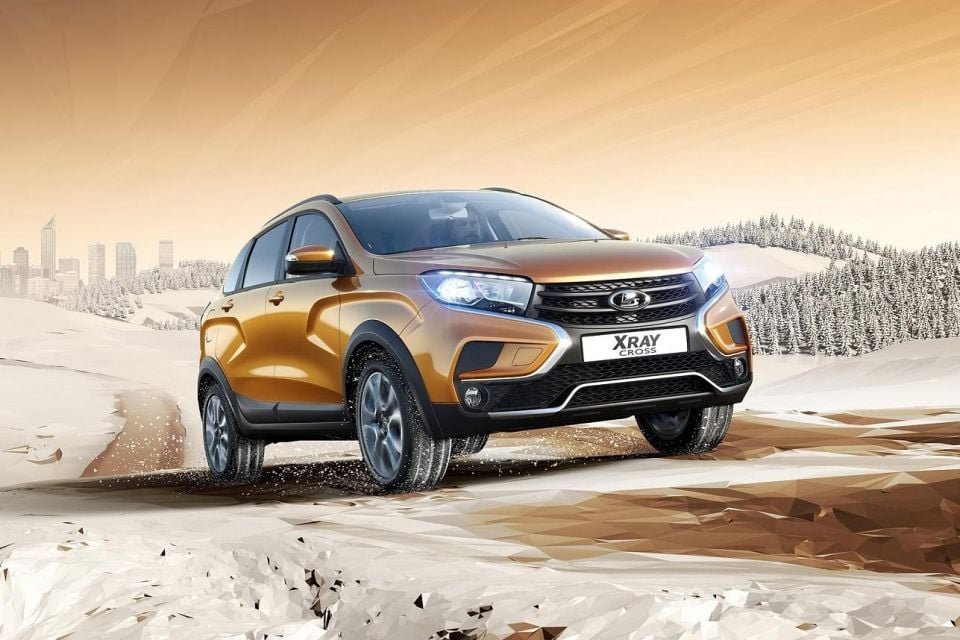
While other global automakers, including Volkswagen, Toyota, Hyundai and Ford, were quick to halt production in Russia, Renault has been rather more circumspect.
The French automaker’s reluctance to suspend operations in Russia after the invasion of Ukraine has led to pressure and condemnation.
Most notably, Volodymyr Zelenskyy, Ukraine’s president, told the French parliament earlier this week Renault and other French companies should “stop being sponsors of Russia’s war machine”.
Renault’s reluctance to withdraw from Russia after the start of the latest war in Ukraine comes down to the size and relative importance of Russia in the French automaker’s manufacturing and sales footprints, and its heavy investment in the country.
Complicating matters still further, the French government owns a 15 per cent stake in Renault.
Last year the company sold 385,000 Lada vehicles globally, representing 14.3 per cent of the Renault Group’s total volume.
Both Renault and Lada have a strong presence in Russia and former Soviet republics. In Russia, Lada’s market share was 21 per cent in 2021. Adding Renault’s numbers into the mix, and the company was responsible for roughly 30 per cent of new cars sold in the country last year.
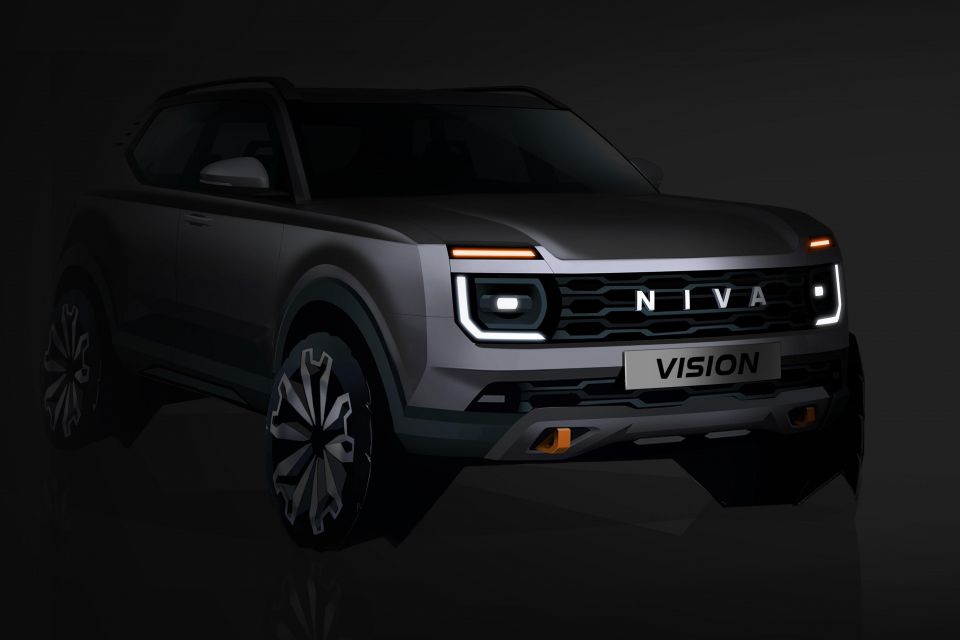
As part of Renaulation plan announced at the beginning of 2021, Lada and Dacia were brought together in one organisational structure.
This reorganisation called for Dacia to move upmarket with larger vehicles, with Lada picking up some of the slack with at least four new low-cost models based on the Renault-Nissan-Mitsubishi Alliance’s CMF-B platform, including a replacement for the iconic, but aging, Niva off-roader.
Derek Fung would love to tell you about his multiple degrees, but he's too busy writing up some news right now. In his spare time Derek loves chasing automotive rabbits down the hole. Based in New York, New York, Derek loves to travel and is very much a window not an aisle person.


Josh Nevett
8 Minutes Ago
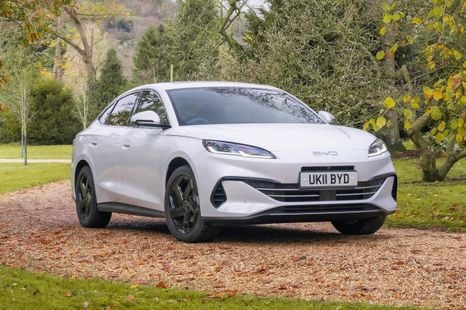

Derek Fung
14 Hours Ago
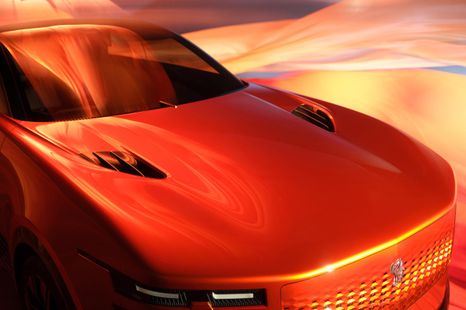

Ben Zachariah
16 Hours Ago


William Stopford
16 Hours Ago
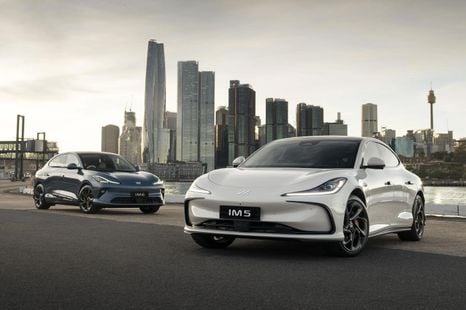

CarExpert
17 Hours Ago


Damion Smy
18 Hours Ago
Add CarExpert as a Preferred Source on Google so your search results prioritise writing by actual experts, not AI.